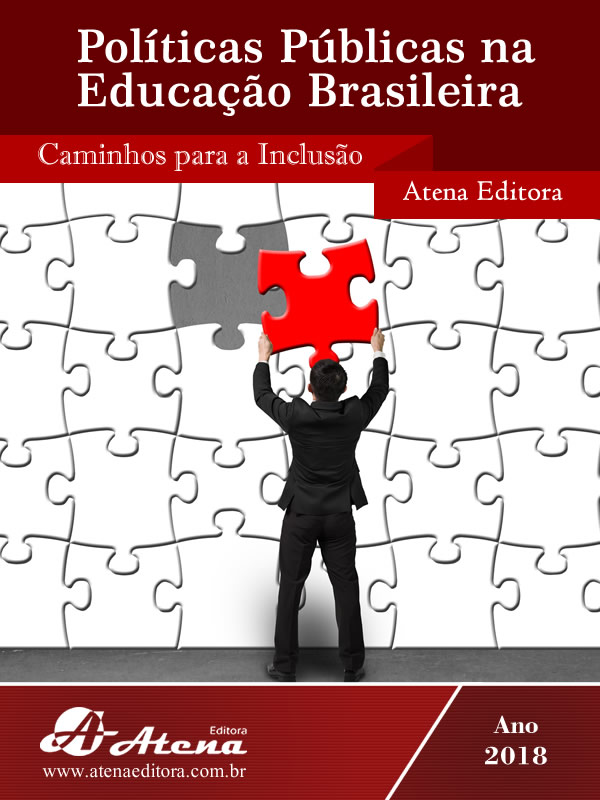
EDUCAÇÃO NÃO FORMAL NO GRUPO AGITAÇÃO RIO PRETO: ANÁLISE DA ACESSIBILIDADE EM AMBIENTES PROPÍCIOS AO LAZER E À EDUCAÇÃO
A Educação inclusiva deve ser pensada em uma visão ampla incluindo o
ambiente escolar e os demais ambientes de ensino, sejam eles formais ou não
formais nos quais, devem independente da circunstância agregar informação e
conhecimento às pessoas visto que, a igualdade, a acessibilidade e a inclusão são
direitos primordiais para o convívio em sociedade das pessoas com deficiência
física.Nos últimos anos isso começou a mudar e seguindo uma tendência mundial, a
educação inclusiva começou a ser pensada com mais planejamento dentre as
políticas públicas. Entretanto, na prática, a realidade atual ainda não é o suficiente
para que essas pessoas possam estar incluídas na sociedade de fato. Esse princípio
faz com que grupos de pessoas com deficiência física busquem outras formas de
aprendizado enquadrando-se em uma educação não formal. Essa evidência é
encontrada no grupo Agitação Rio Preto no qual, os participantes escolhem locais
que denominam como acessíveis e passíveis de utilização para pessoas que fazem
o uso da cadeira de rodas para os encontros atrelando o divertimento à
aprendizagem. Desta forma, essa pesquisa visa analisar a acessibilidade de locais
públicos que o Grupo Agitação Rio Preto frequenta. Para se chegar aos resultados
aplicou-se um questionário on line com a organizadora do grupo, os dados foram
contabilizados e posteriormente analisados qualitativamente. Os resultados obtidos
foram positivos e surpreendentes nos quais, considerou-se que as discussões nos
encontros quanto aos locais considerados acessíveis são assertivos.
EDUCAÇÃO NÃO FORMAL NO GRUPO AGITAÇÃO RIO PRETO: ANÁLISE DA ACESSIBILIDADE EM AMBIENTES PROPÍCIOS AO LAZER E À EDUCAÇÃO
-
DOI: 10.22533/at.ed.07119030417
-
Palavras-chave: Inclusão. Educação. Lazer.
-
Keywords: Inclusion. Education. Recreation.
-
Abstract:
Inclusive education should be thought of in a broad vision including the
school environment and other educational environments, whether formal or nonformal,
in which, regardless of the circumstance, they should add information and
knowledge to people, since equality, accessibility and are the fundamental rights for
the society in society of people with physical disabilities. In the last few years this
began to change and following a worldwide trend, inclusive education began to be
thought of with more planning among public policies. However, in practice, the current
reality is still not enough for these people to be included in de facto society. This
principle makes it possible for groups of people with physical disabilities to seek other
forms of learning through non-formal education. This evidence is found in the
Agitation Rio Preto group in which participants choose places that they call accessible
and usable for people who use the wheelchair for meetings by linking fun to learning.
In this way, this research aims to analyze the accessibility of public places that the
Rio Preto Agitation Group attends. In order to arrive at the results an online
questionnaire was applied with the organizer of the group, the data were counted and
later analyzed qualitatively. The results were positive and surprising in which it was
considered that the discussions in the meetings regarding the places considered
accessible are assertive.
-
Número de páginas: 15
- Maria Fernanda Sanchez Maturana
- Vagner Sérgio Custódio
- Vanessa Cristina Sossai Camilo
- Fátima Elisabeth Denari


